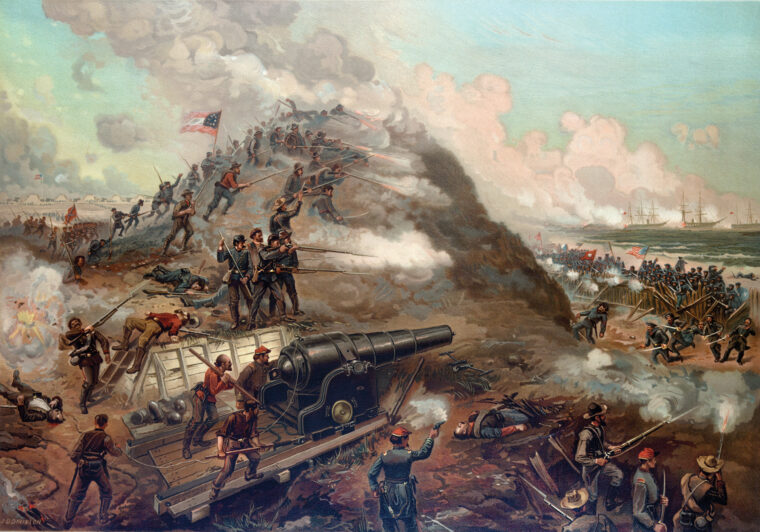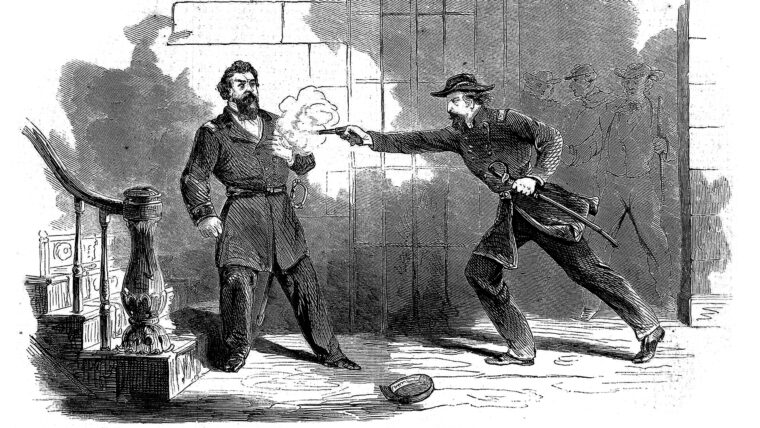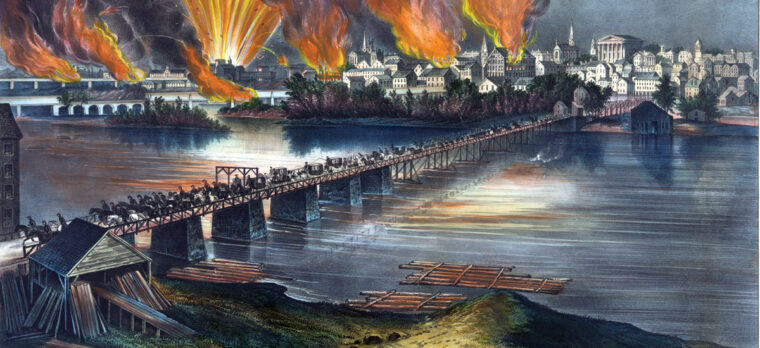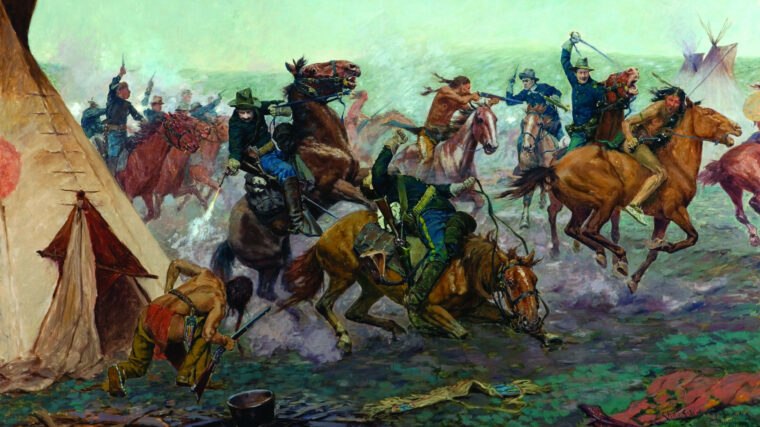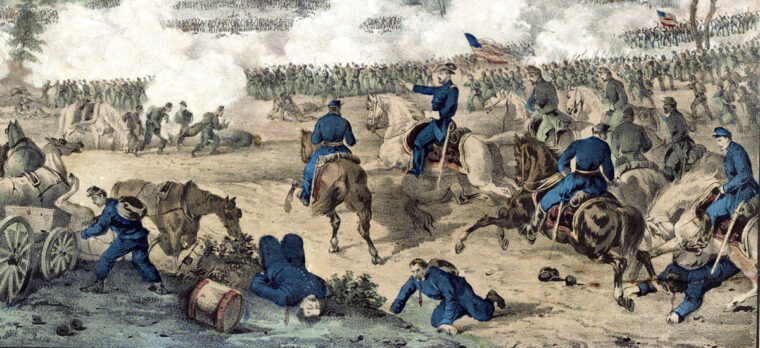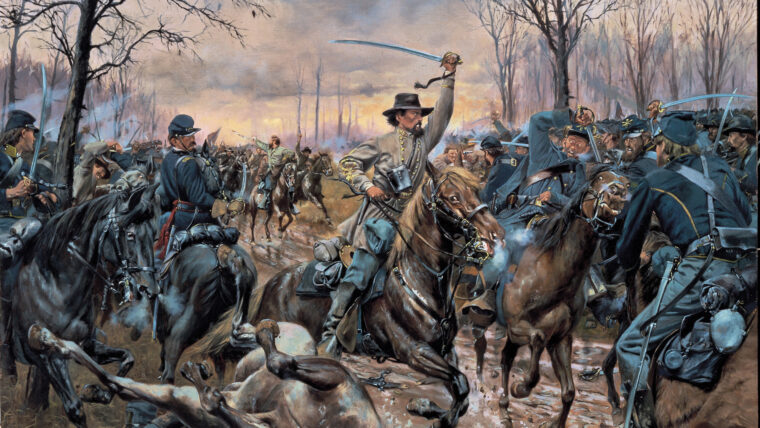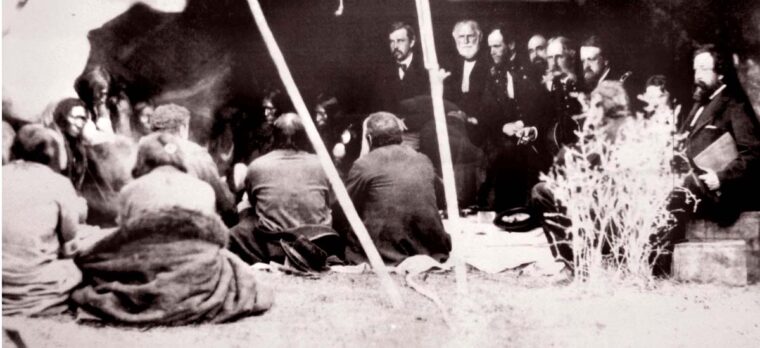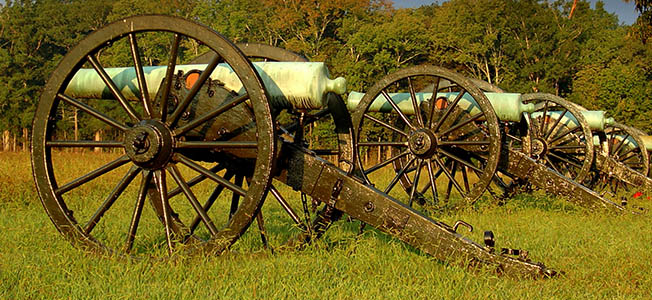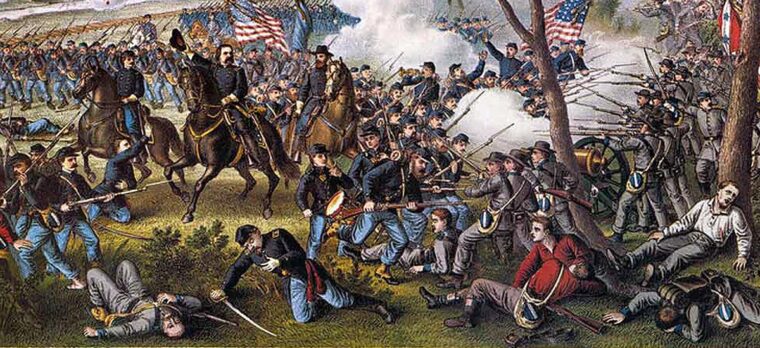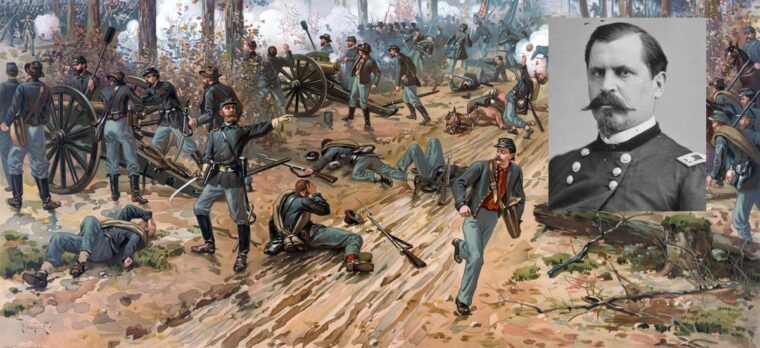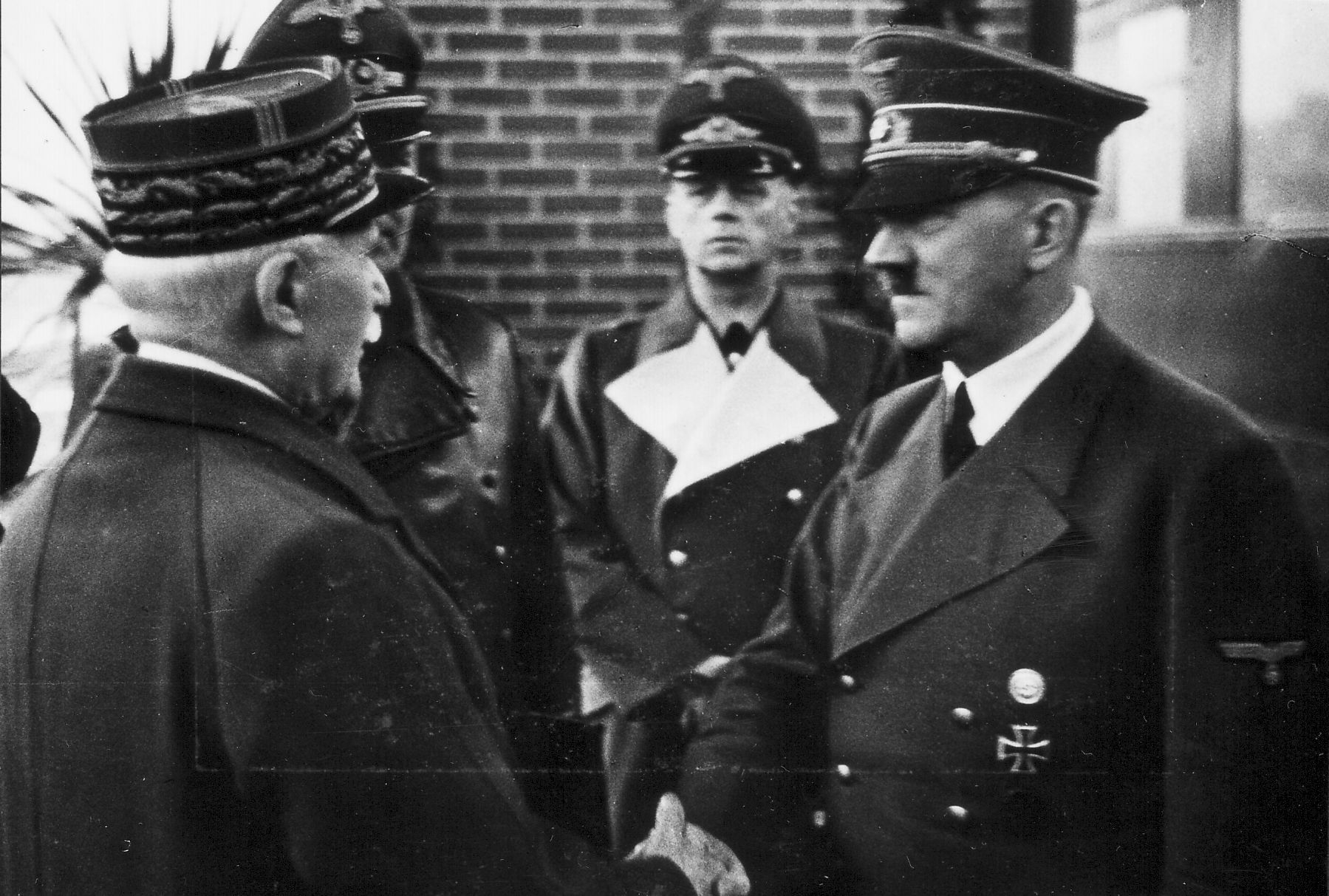William T. Sherman
General William T. Sherman was an officer of the Union Army during the American Civil War. William T. Sherman gained fame as a subordinate of General Ulysses S. Grant in the Western Theater and subsequently commanded the Army of the Tennessee and the Military Division of the Mississippi, effectively over all Union forces in the West. William T. Sherman led the Army of the Tennessee during the successful Atlanta Campaign and the decisive March to the Sea, turning toward the Carolinas and later accepting the surrender of General Joseph E. Johnston’s Army of Tennessee in 1865. William T. Sherman died in 1891 at the age of 71.
